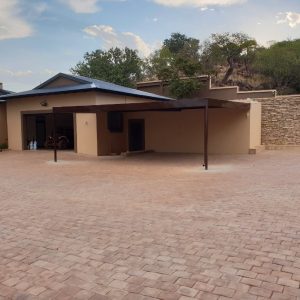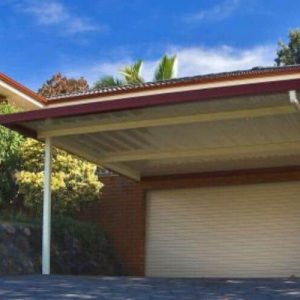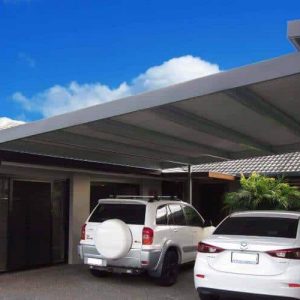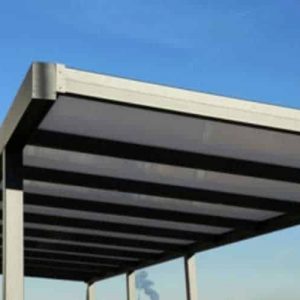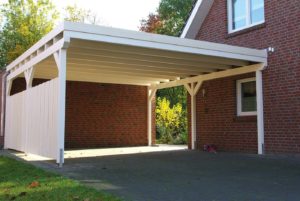Carport Building Regulations
Firstly, what is a carport according the National Building Regulations?
According to the National Building Regulations and Building Standards Act (Act 103 of 1977) a carport is defined as a building intended to provide shelter for a motor vehicle, caravan, or boat with walls on not more than two sides. “…open-sided car, caravan or boat shelters or carports that do not exceed 40 square metres in size”
Carports fall under the ‘Minor Building Work’ category.
“Whatever you construct on your property needs plans, unless it is defined as “minor building work”. Even so the Act states very well in Part A: General Principles and Requirements (this was previously Part A: Administration), that any structural building work that is defined as “minor building work” requires approval by your local authority’s building control officer before you can commence with any work . So long as you make an application to get the proper approval from the local authority, you DO NOT NEED PLANS. ” (Read the full description on the Sans10400 website).
What does this mean for you? Do you need approval to build a carport?
According to the SANS regulations you do not need plans BUT you should check with your local council because you might still need to get approval.
More examples of what building plans are required for and what is not.
1. Building plans ARE required for:
1.1 New Homes
1.2 Additions & Alterations
1.3 Internal alterations – including:
1.3.1 Walls removed, moving or added
1.3.2 Walls raised or lowered
1.3.3 Door / Windows changes (made bigger or smaller or moved)
1.3.4 Use of a room is changed (example: garage into a habitable space)
1.3.5 Carport converted to garage
1.3.6 Existing patio enclosed
1.3.7 Mezzanine floor added
1.3.8 Material changes
2. Minor works that do not need building plan approval
2.1 Braais without a chimney
2.2 Garden sheds less than 3 m
2.3 Gate for cars – unless partly on pavement or the City’s land
2.4 Replacement of windows or doors– provided the existing frames aren’t load bearing, and that openings aren’t enlarged or that any openings needed for fire escapes aren’t removed
2.5 Minor repairs to a house or shop – for example, replacement of roofing or tile sheets
2.6 New appliances or new fittings – for example, installing a new toilet, bath or geyser, or changing the position of these, provided that the work does not include new or extended drainage or plumbing.
It is strongly recommended to work with accredited practitioners rather than trying to do it alone.

